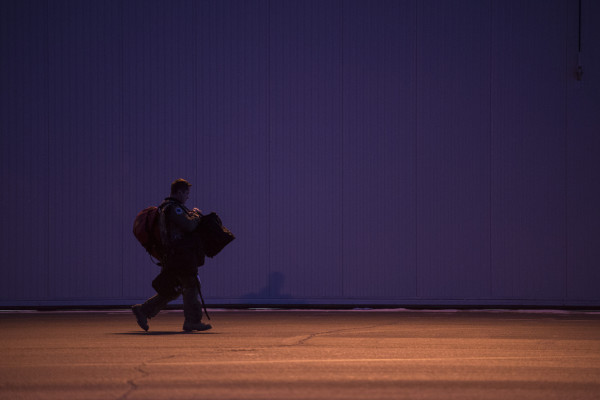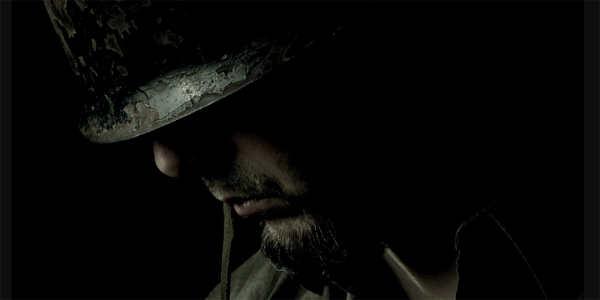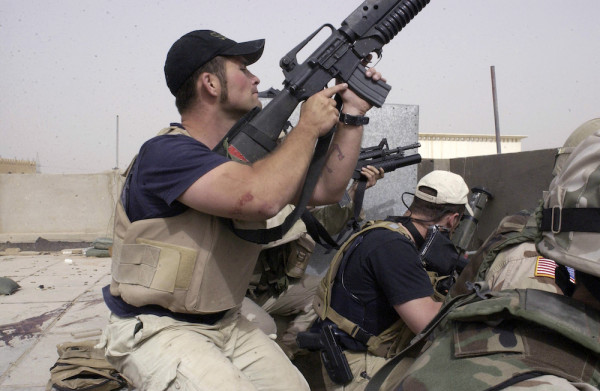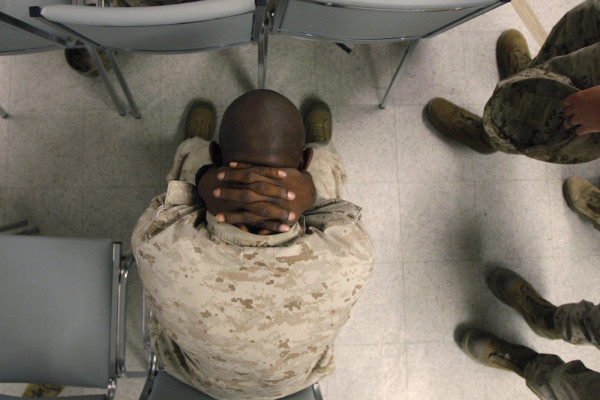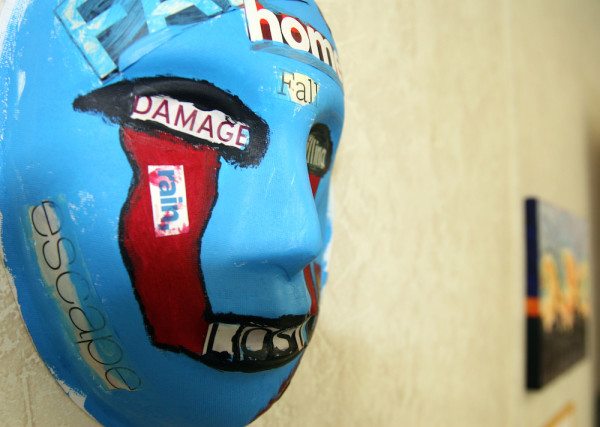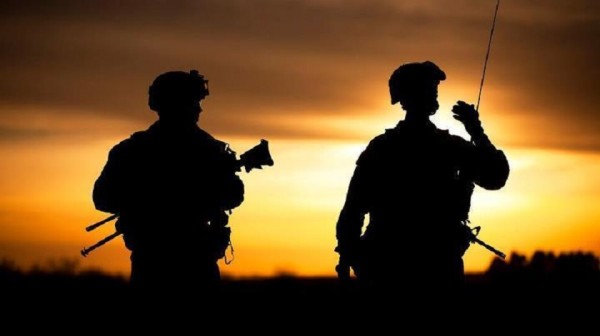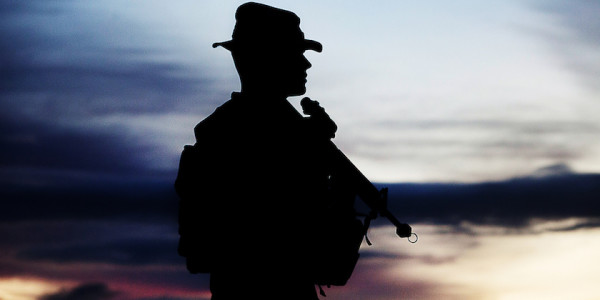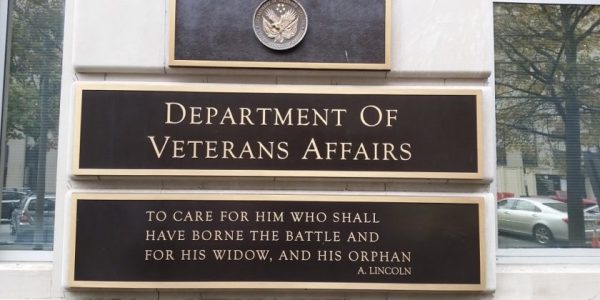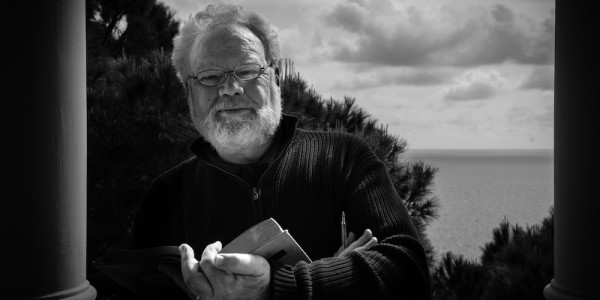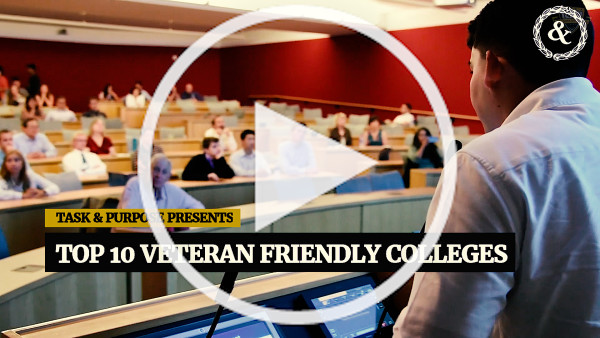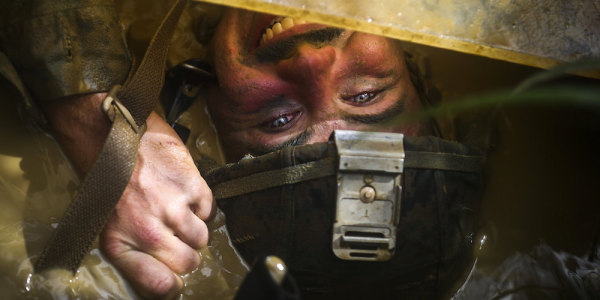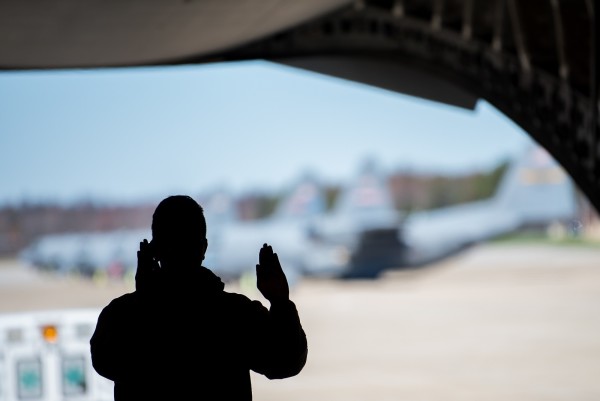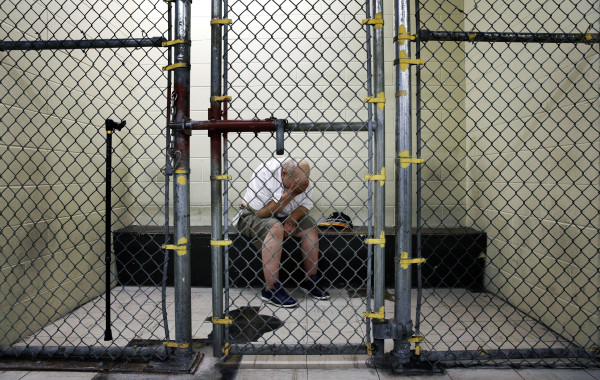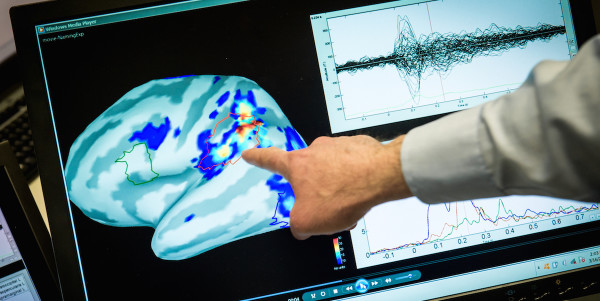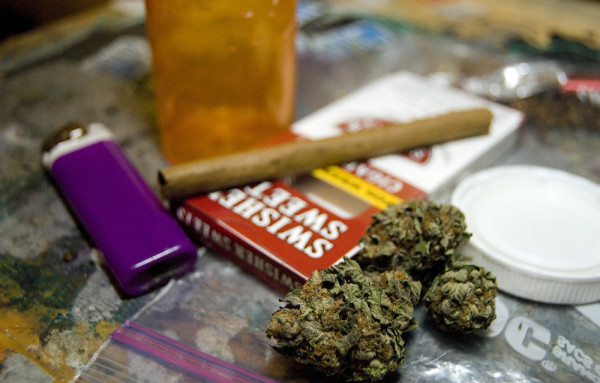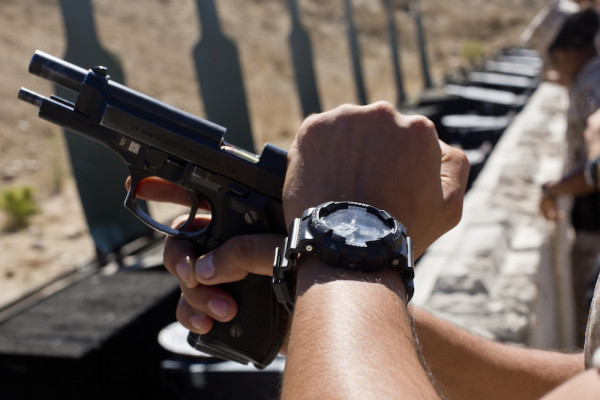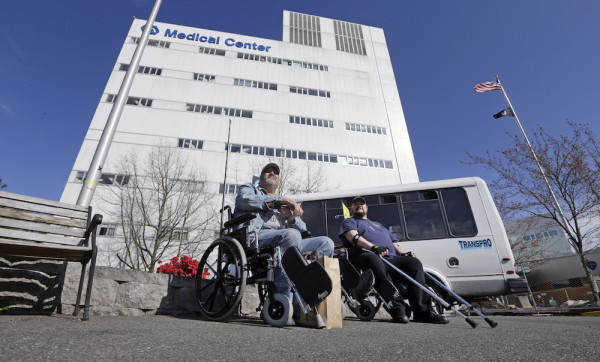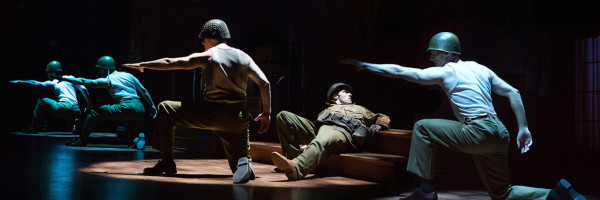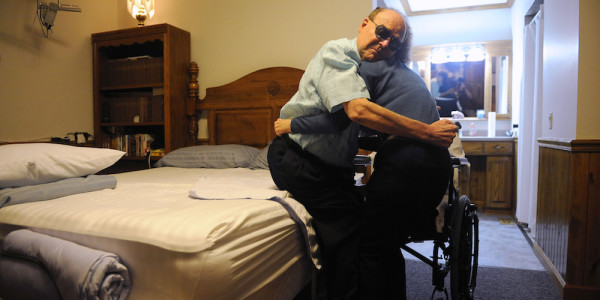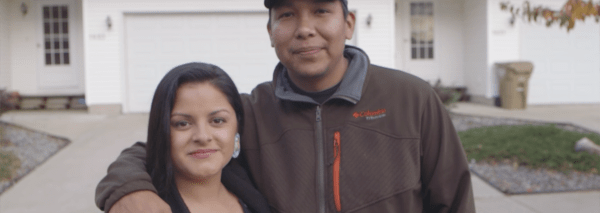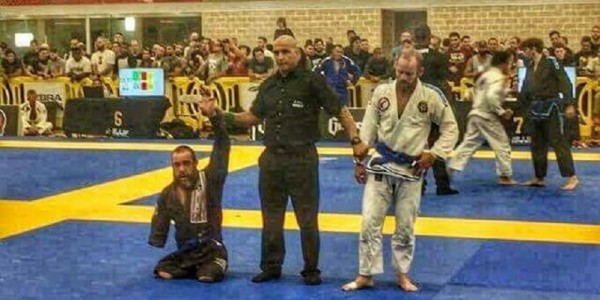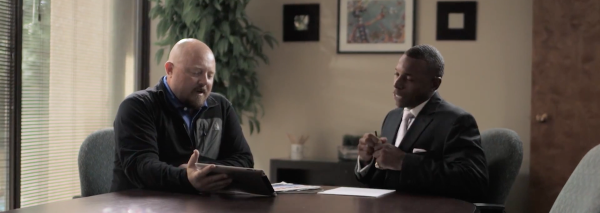For the military and veteran communities, post-traumatic stress is becoming a more acceptable diagnosis within that warrior culture. People recognize that even the most resilient among us are sometimes pushed past their limits, and one of the results can be the dark thoughts and feelings that follow people home from war. None of us want to be pitied or thought of as broken by the general populace and fortunately our community increasingly sees post-traumatic stress as a problem that can be treated and overcome. In my personal experience, more and more warriors are seeking help at the urging of their buddies and their own conscience.
However, our own military culture has created the sense that post-traumatic stress is something that stems from the hardest of times: firefights, roadside bombs, loss of friends, and other horrors. The problem is there are service members who may have experienced trauma and may suffer from post-traumatic stress symptoms, yet have not experienced one of these “standard” scenarios.
Those members may not feel they have the right to claim post-traumatic stress.
In some ways, the veteran community has elevated post-traumatic stress to something almost holy, something absolutely deserving of respect. And on that note, we hate the idea of people professing they suffer from post-traumatic stress when we perceive their background as unworthy of that title. Many people in uniform, including some in the Air Force such as myself, belittle the idea that a remotely piloted aircraft operator, meaning a drone operator, could experience post-traumatic stress when they’ve never been in harm’s way and live in relative day-to-day comfort. I remember laughing with derision in my Afghanistan dorm with others as we watched an episode of “Rescue Me” where people in New York who had been nowhere near the World Trade Center or known anyone involved in the terrible events were crippled by post-traumatic stress. As a culture we demand to know how people who weren’t in the thick of things think they deserve help. We want them to suck it up, and realize they don’t have it that bad.
Basically, Rambo can claim post-traumatic stress, but Adrian Cronauer, played by Robin Williams in “Good Morning Vietnam,” cannot.
My personal story is one tangential to combat, and I often question if I deserve to even think I might have some level of post-traumatic stress. I served a year in Afghanistan flying alongside Americans, Afghans, and other coalition allies. I was targeted only by inaccurate fire, and although I drew my own weapon on occasion, I thankfully never had the need to pull the trigger. I often found myself in close proximity to wounded and fallen Afghans. Some people, even those in the military, might say that my experiences were decidedly outside the normal realm of human interactions and that some kind of combat-related stress is a possibility. However, I cannot help but compare myself to friends and comrades who have been on the ground, in a convoy or small forward operating base that has come under attack, or to my combat rescue brethren that have faced hellish fire to try and save lives.
Three years after returning home, although I am proud of what I did over there, I don’t feel like I was in combat. But loud noises can make me seek cover, and dark dreams come along more frequently than they ever did before. Thankfully, I don’t feel debilitated by any of these, and I have not had any thoughts of hurting myself or others. Yet I worry at least in part about what this is doing to my long-term psyche.
It is humility and the part of my brain that says I have not seen or done what others have and insists I have no right to worry. A part of me says “suck it up” and move on. There are many others that have far worse experiences than mine, and they’re the ones who should seek support and who deserve help. If anyone deserves to claim post-traumatic stress, it’s them.
I feel as if I’m whining — and we all hate whiners — and am insecure for even entertaining the thought that my experiences are negatively impacting me after returning home. Again, many people probably think I’m being ridiculous, but it’s not their opinion that matters. When it comes to post-traumatic stress, only the individual can decide to seek help.
Members of the military, and yes even many members of the Air Force, are routinely put in situations where we witness, inflict, and endure pain and suffering. While it may be necessary to tell a comrade or subordinate to “suck it up” or “keep it together” during a mission, when the dust settles and everyone is home safe it is time to encourage people to seek any help they feel they need. It’s the only way to ensure the team will be ready when the mission comes again.
This doesn’t just apply to special operations forces or fighter jocks. We have to remember that we ask drone pilots to watch someone for days and then to witness their death. We ask missileers to stand ready to kill millions. We ask maintainers to patch bullet holes and armorers to load munitions that they know will take lives. All of these people do their best to compartmentalize their jobs and place their service in the proper context to avoid guilt. But everyone will experience stress from their work, and post-traumatic stress is a potential diagnosis for many, if not all military personnel. That is not to say that everyone will have post-traumatic stress, but that it could be a concern for anyone. As a community we need to remove barriers to people getting help. We need to make sure they know they are “worthy” of the diagnosis.
I’m writing this because maybe it will help others come to terms with their own past in its own context. Sometimes people just need a friendly ear to vent their thoughts to, and other times they may need more advanced help. Either way, we need to help each other continue the march toward cultural acceptance of mental health problems, like post-traumatic stress. When seeking care ceases to be a big deal, then we can all get whatever help we need and get back to the mission, regardless of what our role in the larger fight may be.
Hopefully my story can add to the ongoing discussion of mental health in the military. Maybe it will even help someone else directly. I for one intend to talk to someone about my own experiences.
